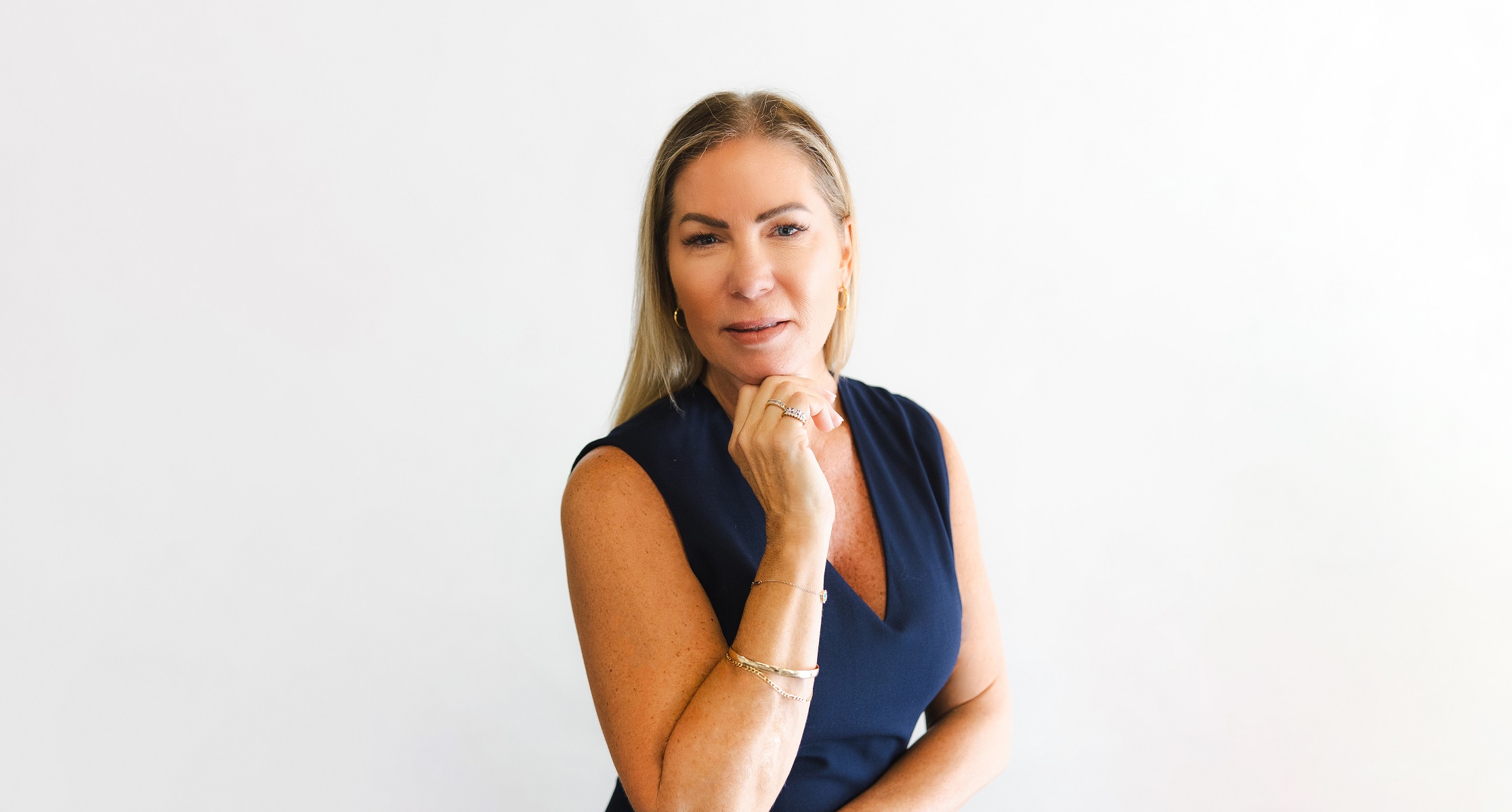Li Hawkins, managing director of Insight Out Consultancy, shares her views on the growth of the hospitality industry in Saudi Arabia and its impact on the ME’s hospitality landscape.
What makes Saudi Arabia the fastest-growing travel market in the region?
Saudi Arabia’s rapid rise as the Middle East’s fastest-growing travel market is anchored by several key factors. The kingdom’s commitment to Vision 2030 is driving tourism’s central role in diversifying the economy, emphasizing economic growth and development. This commitment has translated into substantial investments. Thus, channeling funds into the creation of new destinations, infrastructure enhancements and robust promotion of Saudi Arabia. These concerted efforts have both heightened the country’s overall appeal and instilled confidence in prospective travelers.
Saudi Arabia’s diverse attractions, including historical sites, religious landmarks, natural beauty and modern cities fuel its ascent in tourism. Saudi Arabia’s diversity attracts religious, cultural, adventure and leisure travelers, making it a versatile and globally appealing destination.
The development of visionary tourist destinations within Saudi Arabia has been pivotal. Notably, initiatives like the USD 50 billion Red Sea Project and the USD 500 billion NEOM project have been designed to captivate high-end tourists. Consequently, these projects offer extraordinary experiences and represent a significant leap forward in Saudi Arabia’s ability to cater to discerning travelers.
Lastly, the relaxation of visa restrictions in recent years has led to a surge in travel to Saudi Arabia. Streamlined and more accessible visa procedures have removed barriers for international tourists, making visits to the country more straightforward and enticing. This progressive approach to visa regulations has been a key driver in the increasing number of international visitors.
Can you elaborate on the factors that have contributed to Saudi Arabia’s remarkable 107 percent growth in gross bookings in 2022 compared to the previous year?
Saudi Arabia’s impressive 2022 gross bookings surge results from strategic efforts and favorable circumstances, establishing it as a dynamic travel destination.
The kingdom’s swift pandemic recovery was a solid foundation for its remarkable 2022 growth, positioning it as a leader.
A considerable part of the growth results from Saudi Arabia’s improved perception as a tourist destination. The Saudi Tourism Authority (STA) has diligently promoted the country’s cultural and natural treasures through marketing campaigns, social media and media tours. These initiatives effectively showcased Saudi Arabia’s unique appeal to a global audience, leading to increased bookings.
Additionally, the growth of the domestic tourism market within Saudi Arabia has played a crucial role. Increasingly, Saudi citizens are exploring their country for leisure due to rising incomes, awareness of diverse attractions, and government support for domestic tourism. This surge in domestic travel has contributed significantly to the increase in bookings.
Saudi Arabia’s allure as a destination has been further amplified by an influx of international investment in the travel sector. The country is attracting substantial foreign investments that are being channeled into the development of new hotels, resorts, and tourism infrastructure. Investments promote Saudi Arabia as a tourist destination and attract new airlines. International capital enhances tourism and global visibility.
The Middle East’s tourism growth benefits Saudi Arabia. The region attracts global tourists, and Saudi Arabia is well positioned to capitalize on this trend.
How do mega projects like NEOM impact the tourism industry in the region?
NEOM, the Red Sea Project and other mega projects boost tourism revenue and local economies by attracting millions of visitors.
These projects create thousands of tourism jobs, enhancing livelihoods, and provide infrastructure to improve accessibility for tourists. Furthermore, the ambitious nature of mega projects generates global interest and draws potential travelers.
In addition, the region hosts entertainment and sporting events, enriching its tourist offerings and contributing to regional tourism industry growth.
How do you see this investment shaping the future of tourism in Saudi Arabia?
Saudi’s USD 800 billion tourism investment pledge marks an important step toward the kingdom becoming a global tourism hub, diversifying offerings, enhancing infrastructure and encouraging partnerships.
The investment is set to expand tourist destinations, improve infrastructure and facilitate public-private collaborations, elevating Saudi Arabia’s global tourism competitiveness.
How does infrastructure development contribute to Vision 2030?
Saudi Arabia’s recent infrastructure development has been instrumental in advancing the objectives of Vision 2030 in several ways. It has significantly improved connectivity, making domestic and international travel more efficient and boosting tourism and trade. These projects have also created jobs and stimulated economic activity, exemplified by the creation of over 70,000 jobs at the Red Sea Project. Moreover, these developments extend beyond tourism, enhancing the quality of life for Saudi citizens and residents by improving access to education and healthcare. In essence, these infrastructure investments align perfectly with Vision 2030’s mission to diversify the economy, improve living standards, and drive sustainable growth.
How do you envision Saudi Arabia’s travel and tourism market contributing to the goals outlined in Vision 2030?
Investment in tourism development is attracting substantial foreign investment, bolstering the Saudi Arabian economy and reinforcing the nation’s position as an attractive destination for international capital. This influx of investments underscores the country’s commitment to economic diversification, which is a fundamental aim of Vision 2030. Growth of the tourism sector plays an instrumental role in achieving this objective. As a relatively new addition to the country’s economy, tourism is mitigating historical reliance on oil revenues, ensuring greater resilience and sustainability.
Additionally, the promotion of Saudi culture and heritage to the world through tourism is another essential aspect of their strategy. This endeavor enhances Saudi Arabia’s global image and reputation while preserving and celebrating its rich traditions.
Beyond these direct benefits, the tourism sector has far-reaching, indirect impacts. It stimulates demand for a wide range of goods and services, such as food, transportation and accommodation, thereby bolstering ancillary sectors like agriculture, manufacturing and construction.
Moreover, the tourism sector inherently supports SMEs. Many tourism businesses fall into this category, and their growth not only strengthens the Saudi Arabian economic fabric but also nurtures entrepreneurial opportunities.
The relative newness of the tourism sector in Saudi Arabia presents fertile ground for entrepreneurship. As the sector expands, it creates openings for entrepreneurs to pioneer new businesses and offer innovative products and services, driving economic innovation
















